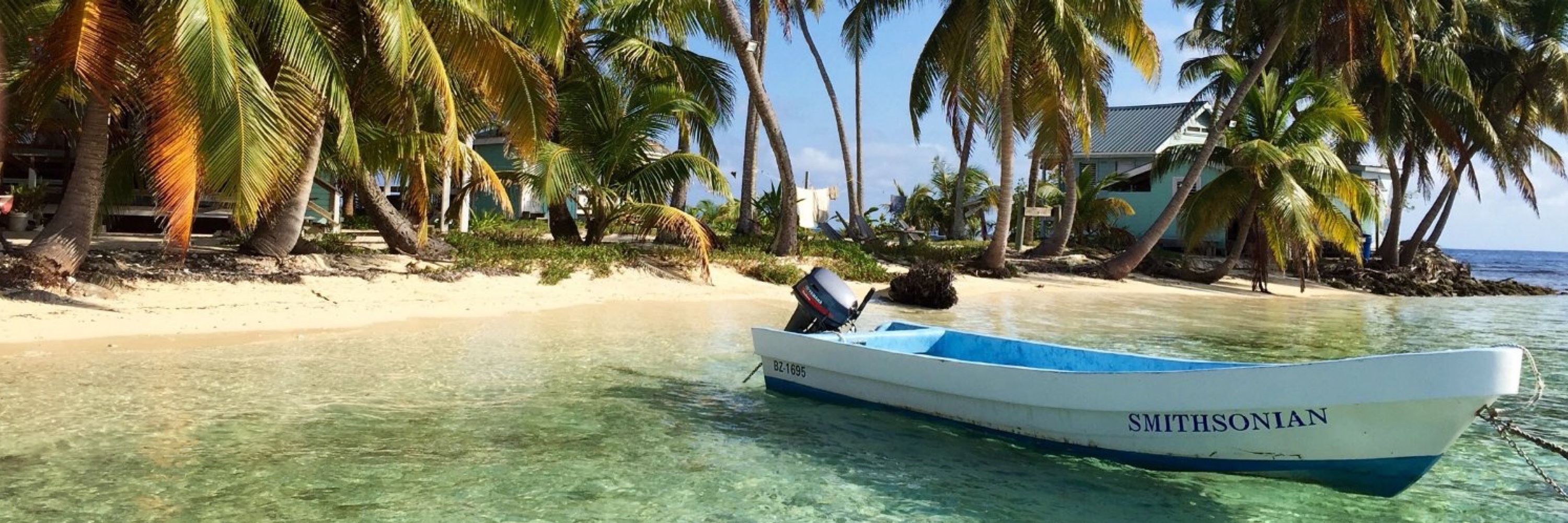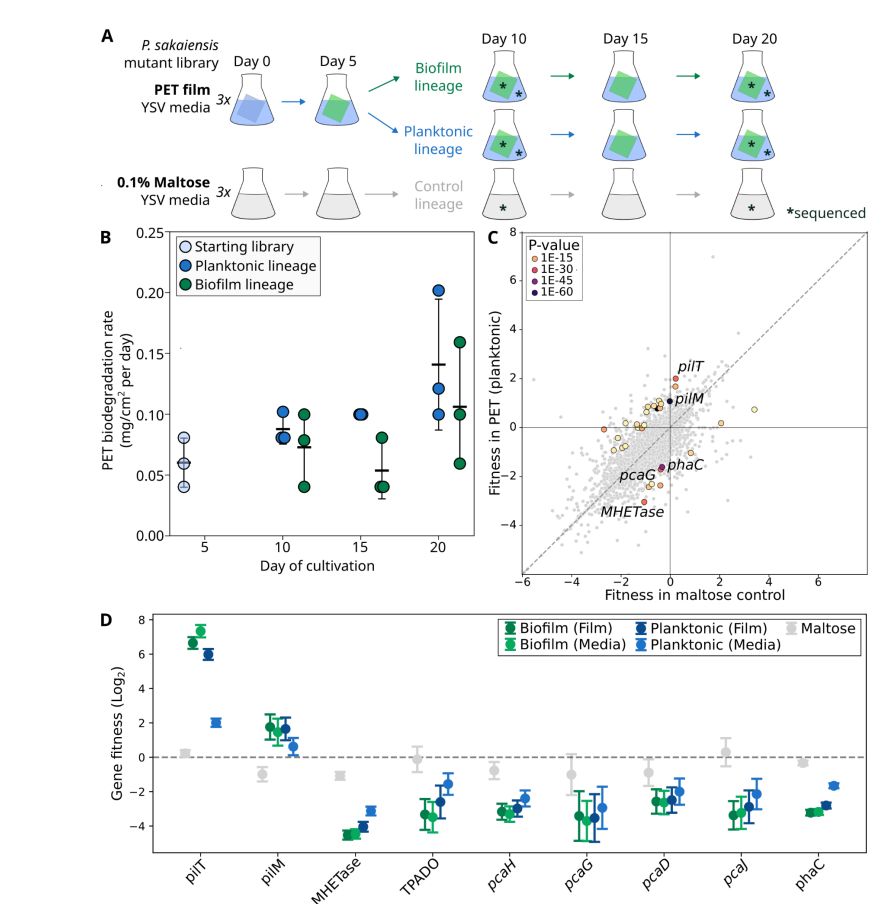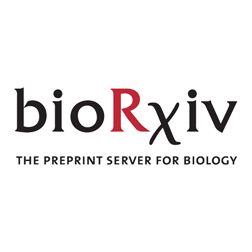
Alkerlab.weebly.com
www.science.org/doi/10.1126/...

www.science.org/doi/10.1126/...
Eliminate your opponents of course.
Recently, my friend @fernpizza.bsky.social showed how plasmids compete intracellularly (check out his paper published in Science today!). With @baym.lol, we now know they can fight.
www.biorxiv.org/content/10.1...

Eliminate your opponents of course.
Recently, my friend @fernpizza.bsky.social showed how plasmids compete intracellularly (check out his paper published in Science today!). With @baym.lol, we now know they can fight.
www.biorxiv.org/content/10.1...
#Symbiosis #SymbioSky #MicroSky #PhDOpportunity #AcademicJobs

#Symbiosis #SymbioSky #MicroSky #PhDOpportunity #AcademicJobs

We identified a plasmid vector for the strain and generated a large RB-TnSeq library, screening for genes impacting plastic degradation.

We identified a plasmid vector for the strain and generated a large RB-TnSeq library, screening for genes impacting plastic degradation.
jobs.uri.edu/postings/15960


www.nature.com/articles/s41...

www.nature.com/articles/s41...
www.nature.com/articles/s41...

www.nature.com/articles/s41...
rdcu.be/eNaje

rdcu.be/eNaje
Our new paper with @vmaull.bsky.social explores how engineered genes can spread through soil microbes.
We model how synthetic gene transfer can support biodiversity. @vdlorenzo.bsky.social @guimaguade.bsky.social www.biorxiv.org/content/10.1...

Our new paper with @vmaull.bsky.social explores how engineered genes can spread through soil microbes.
We model how synthetic gene transfer can support biodiversity. @vdlorenzo.bsky.social @guimaguade.bsky.social www.biorxiv.org/content/10.1...
Thanks @memartino.bsky.social and @raquelpeixoto.bsky.social for organizing and bringing us all together in such a beautiful venue!
It’s been four amazing days of stimulating discussions and sharing our science in a wonderfully relaxed and supportive atmosphere.
There was a truly genuine sense of community among all participants, which I really cherish.
Cheers, to the next one! 🌊


Thanks @memartino.bsky.social and @raquelpeixoto.bsky.social for organizing and bringing us all together in such a beautiful venue!
In our latest study, we developed a protocol to generate #gnotobioticclams
We hope it will be useful for a wide range of bivalves to test microbial traits in nature and aquaculture

In our latest study, we developed a protocol to generate #gnotobioticclams
We hope it will be useful for a wide range of bivalves to test microbial traits in nature and aquaculture
jobs.awi.de/Vacancies/20...
This is quite an exciting opportunity to push the boundaries of what is known regarding the molecular basis of the formation and demise of photosymbiotic relationships in marine habitats.
jobs.awi.de/Vacancies/20...
This is quite an exciting opportunity to push the boundaries of what is known regarding the molecular basis of the formation and demise of photosymbiotic relationships in marine habitats.
www.biorxiv.org/content/10.1...
Read on below!
1/12 🧵

www.biorxiv.org/content/10.1...
Read on below!
1/12 🧵
We developed new genetic tools & genome-wide libraries for species of the Bacteroidales order; constructed saturated barcoded transposon libraries in key representatives of three genera.
www.biorxiv.org/content/10.1...

We developed new genetic tools & genome-wide libraries for species of the Bacteroidales order; constructed saturated barcoded transposon libraries in key representatives of three genera.
www.biorxiv.org/content/10.1...
Check out @erinedoherty.bsky.social and my work from @doudna-lab.bsky.social lab here:
www.nature.com/articles/s41...

Check out @erinedoherty.bsky.social and my work from @doudna-lab.bsky.social lab here:
www.nature.com/articles/s41...

www.science.org/content/arti...

www.science.org/content/arti...
www.eventbrite.com/e/2026-one-h...
www.eventbrite.com/e/2026-one-h...
www.nsf.gov/funding/oppo...

Our approach allows silencing defense systems of choice. We show how this approach enables programming of “untransformable” bacteria, and how it can enhance phage therapy applications
Congrats Jeremy Garb!
tinyurl.com/Syttt
🧵



